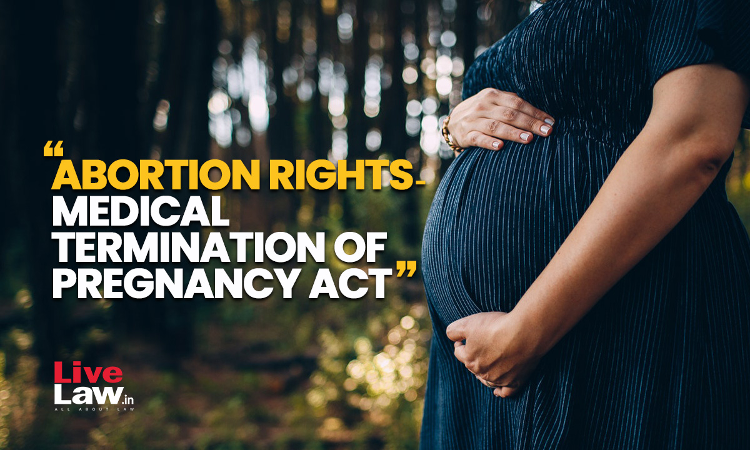Next Story
25 Jun 2022 1:14 PM IST
Intense debates are going on about the decision of the Supreme Court of the United States of America which held that there is no constitutional right to abortion by overruling the 50-year old land mark decision Roe v. Wade.Rights activists and prominent public figures including US President Joe Biden, Vice President Kamala Harris, former US President Barack Obama, Michelle Obama, Bernie...

